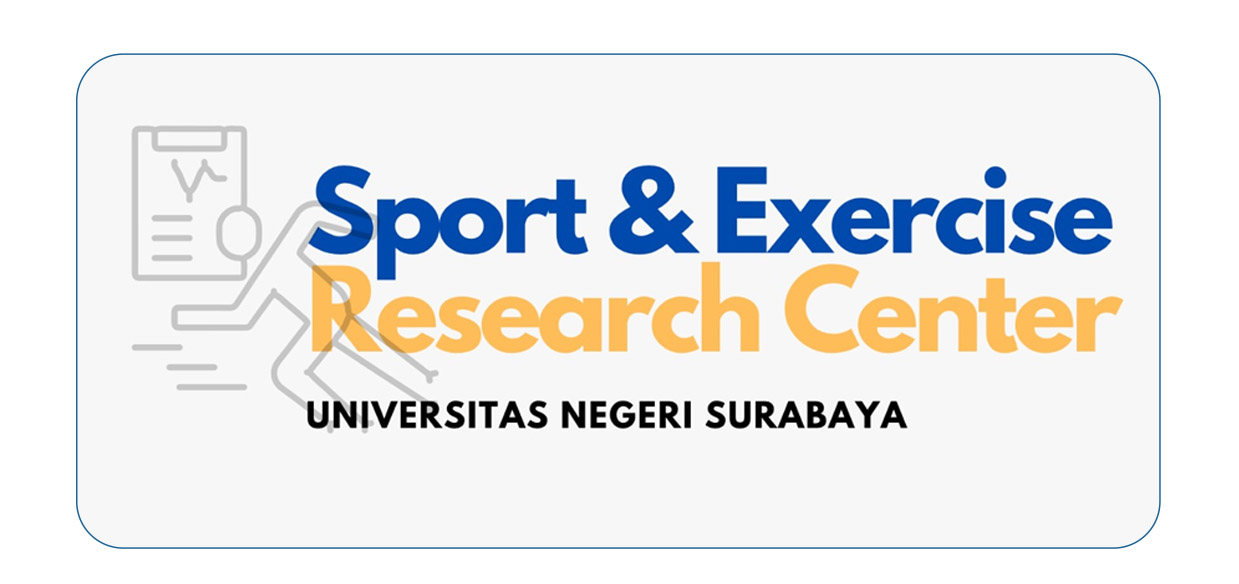GAYA BELAJAR, MOTIVASI BERPRESTASI, LOCUS OF CONTROL DAN ACADEMIC SELF-CONCEPT MAHASISWA FIK UNCEN
DOI:
https://doi.org/10.26740/jossae.v1n1.p1-7Keywords:
learning style, achievement motivation, locus of control, academic self conceptAbstract
The aim of this research was to find out (1) profile of learning style, achievement motivation, locus of control, academic self-concept of the college student of FIK Uncen, (2) difference of learning style, achievement motivation, locus of control, academic self-concept of the college student of FIK Uncen to view gender. The result of this research was (1) there was 7 (9,6%) college students that have visual learning style, 19 (26,0%) college students that have aural learning style, 16 (21,9%) college students that have read/write learning style, 31 (42,5%) college students that have kinesthetic learning style. There was no difference learning style to view gender, (2) the mean of achievement motivation of the effort dimension have more higly score (29) than both the choice dimension (21) and the persistence dimension (19). There was no difference achievement motivation to view gender, (3) there was 63 (86,3%) college students that have internal locus of control and 10 (13,7%) college students have external locus of control. There was no difference locus of control to view gender (4) there was 18 (24,7%) college students that have high academic self-concept, 55 (75,3%) college students that have medium academic self-concept, and 0 (0%) college students that have low academic self-concept. There was no difference academic self-concept to view gender.
Key words: Gaya belajar, motivasi berprestasi, locus of control, academic self-concept
References
Abimanyu, S. 1990. Hubungan antara Beberapa Faktor Social, Prestasi, Jenis Kelamin, dan Lokus Kendali dengan Kematangan Karir Siswa SMA. Disertasi, tidak diterbitkan. Malang: FPs UM.
Agustiani, H. 2006. Psikologi perkembangan. Bandung: Refika Aditama
Ary. D.. Jacobs. L.C.. & Razavieh. A. 1990. Introduction to research in education 4th. New York: Harcourt Brace College Publisher.
Capel, S.A. 1992. Stress and Burnout in Teachers. European Journal of Teacher Education, 15 (3): 197-211.
Degeng, I.N.S. & Pali, M. 2002. Model pembelajaran berorientasi pengembangan kecerdasan emosional di sekolah dasar: Faktor-faktor yang berpengaruh dalam rancangan pembelajaran. Laporan Riset, Ristek LIPI Jakarta.
Fleming, N.D., and Mills, C. 1992. Not another inventory, rather a catalyst for reflection. Tersedia di http://digitalcommons.unl.edu/podimproveacad/246 diunduh pada 19 April 2010.
Fleming, N., and Baume, D. 2006. Learning styles again: VARKing up the right tree! Educational developments, SEDA Ltd, Issue 7.4, Nov. 2006, 4-7.
Guay, F., Marsh, H.W., & Boivin, M. 2003. Acedemic self-concept and academic achievement: Developmental perspectives on their causal ordering. Journal of educational psychology, 95 (1), 124-136.
Hurlock, E. 1999. Psikologi perkembangan: Suatu pendekatan sepanjang rentang kehidupan. Jakarta: Erlangga.
James, W. B., & Blank, W. E. 1993. Review and critique of available learning style instrumens for adults. In D. Flannery (Ed.), Applying cognitive learning styles (pp. 47-58). San Francisco: Jossey-Bass.
Lent, R.W., Brown, S. D., & Gore, P.A. 1997. Discriminant and predictive validity of academic self-concept, academic self-efficacy, and mathematics specific self-efficacy. Journal of Counselling Psychology, 44, 307-315.
Maksum, Ali. 2012. Metodologi Penelitian dalam Olahraga. Surabaya: Unesa University Press.
McClelland, D.C. 1961. The achieving society. New York: Van Nostrand.
McLoughlin, C. 1999. The implications of research literature on learning styles for the design of instructional material. Australian journal of educational technology, 15 (3), 222-241.
Murisal. 2003. Kesukarelaan siswa menjalani layanan bimbingan konseling. Jurnal konselor, 1(1): 41-51.
Nichols, J.D. 1984. Achievement motivation: conception of ability, subjective experience, task choice, and performance. Psychological review, Vol 91, 328-346.
Owie, M.W. 1993. Locus of control, instructional mode, and students achievement. Instructional Science, 12 (2): 383-388
Philibin, M. et al. 1995. A Survey of gender and learning style. Sex Role 32: 484-494.
Purwanto, Edy. 2011. Peningkatan motivasi berprestasi melalui penerapan model pembelajaran focused classroom meeting (MP-FCM): sebuah studi eksperimen pada siswa SMA. Disertasi, tidak dipublikasikan. Malang: FPs UM.
Putra, M.F.P. 2012. Pengaruh metode pembelajaran (STAD vs presentasi) dan lokus kendali terhadap hasil belajar (keefektifan dan daya tarik pembelajaran) mahasiswa pada matakuliah metodologi penelitian di jurusan pendidikan olahraga FIK Unesa. Tesis, tidak dipublikasikan. Malang: FPs UM.
Reigeluth, C.M. 1983. Instructional Design: What is It and Why is It? Dalam Reigeluth, C.M. (Ed.) Instructional-Design Theories and Models: A Overview of their Current Status. London & New Jersey: LEA, publishers.
Reynolds, W.M. 1988. Measurement of academic self-concept in college students. Journal of Personality Assessment, 52 (2), 223-240.
Rotter, J.B. 1966. Generalized expectancies for internal versus external control reinforcement, Psychological Monograph. No. 80, 171-208.
Schunk, D.H., Pintrich, P.R., & Meece, J.L. 2008. Motivation in education: theory, research, and application 3rd. New Jersey: Pearson education, Inc.
Sugiyono. 2010. Statistika untuk Penelitian. Bandung: Alfabeta
Tjundjing, Sia. 2003. Keadalan VARK: Instrumen Modalitas Belajar Baru Yang Unik Da Menarik. Indonesian Psychological Journal, 18 (4), 241-361
Wigfield, A. & Eccles, J.S. 2002. Development of achievement motivation. San Diego: academic press.
Zimbardo, P.G. 1980. Essentials of Psychplogy and Life . United States of America: Scott, Foresman and Company.
Downloads
Published
How to Cite
Issue
Section
 Abstract views: 664
,
Abstract views: 664
, PDF Downloads: 1580
PDF Downloads: 1580









